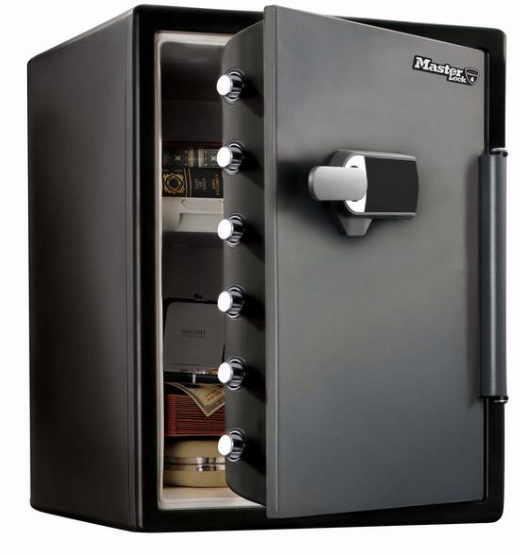Emergencies can happen at any time, often without warning. Whether it’s due to a natural disaster, an evacuation, or a personal crisis, having a portable home safe ensures that your most important belongings are secure and easily accessible when you need them most. Here’s a guide on what to include in your portable safe to stay prepared for any unexpected situations.
1. Critical Documents
It’s important to store key documents that you might need to prove your identity or access essential services in an emergency. Include the following:
- Identification: Passports, birth certificates, social security cards, and driver’s licenses.
- Property Records: Home deed, car titles, and lease agreements.
- Financial Documents: Bank account details, insurance policies, and investment paperwork.
- Legal Documents: Wills and power of attorney documents.
Having these documents in one secure place allows you to access them quickly if needed, making it easier to manage property, finances, and identity verification during a crisis.
2. Cash and Credit Cards
In emergencies, cash is often more useful than credit cards or digital payments. Keep a small amount of emergency cash in various denominations, along with an extra credit card, so you can make necessary purchases even if digital systems are unavailable.
3. Medical Information
Having quick access to medical information is essential, especially if anyone in your family has chronic health conditions or special medical needs. Include:
- Health Records: Medical histories and immunization records.
- Prescription Medications: A supply of essential medications, along with prescription copies.
- Emergency Contacts: Doctors, pharmacies, and family members’ contact information.
This ensures that you can quickly access needed medical care and have the proper medications during an emergency.
4. Valuables and Sentimental Items
Though your portable safe is primarily for emergency essentials, it’s also a place for valuables and items of personal significance. Consider storing:
- Jewelry and family heirlooms
- Small electronics that hold important data
While not essential for survival, these items offer comfort and maintain a connection to normal life in stressful times.
5. Emergency Contacts and Plans
Have a list of emergency contacts, including phone numbers and addresses, as well as a copy of your family’s emergency plan. This plan should include:
- Evacuation routes and designated meeting points
- Communication methods for staying in touch during an emergency
This information ensures everyone in your family knows what to do and where to go if you are separated.
6. Digital Backups
Store digital copies of important documents and records in a secure manner. Include:
- USB Drives or External Hard Drives: Store backups of important files, photos, and documents. Ensure these devices are encrypted for added security.
- Password List: Write down critical passwords for online accounts, such as bank services and social media. Consider using a password manager to securely store this information.
These backups will ensure you have access to essential information even if physical copies are lost or damaged.
7. Compact Survival Gear
In addition to documents, include a few small items that could prove essential in an emergency:
- Flashlight with extra batteries
- A multi-tool for various situations
- A basic first aid kit
- Water purification tablets for emergency hydration
These items could be crucial if you’re without basic services or utilities during an emergency.
8. Personal Comfort Items
During stressful times, emotional support can be just as important as physical supplies. Consider adding:
- Photos of loved ones
- A small book or journal
- Religious or spiritual items
These items can provide comfort, offering a sense of normalcy and peace during a chaotic event.
Conclusion
A well-prepared portable home safe can make all the difference in an emergency. By selecting the right items, you can ensure that you and your loved ones are better equipped to handle unexpected situations. The key to effective emergency preparedness is to plan ahead and regularly update the contents of your safe as your needs change.
Taking these steps will not only protect your valuables but also provide peace of mind, knowing you’re prepared for whatever comes your way.

发表回复